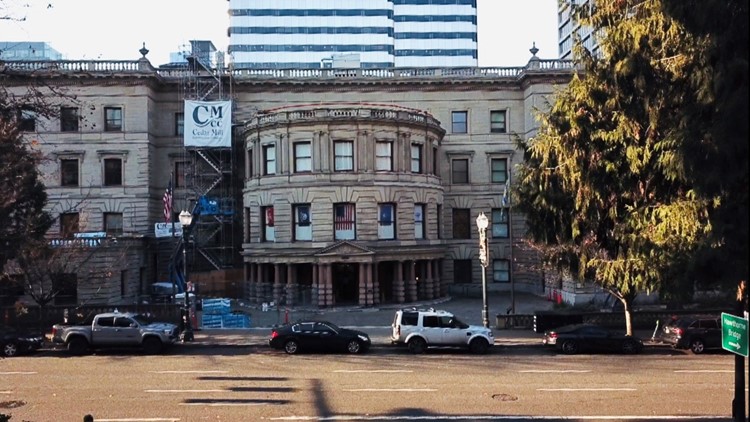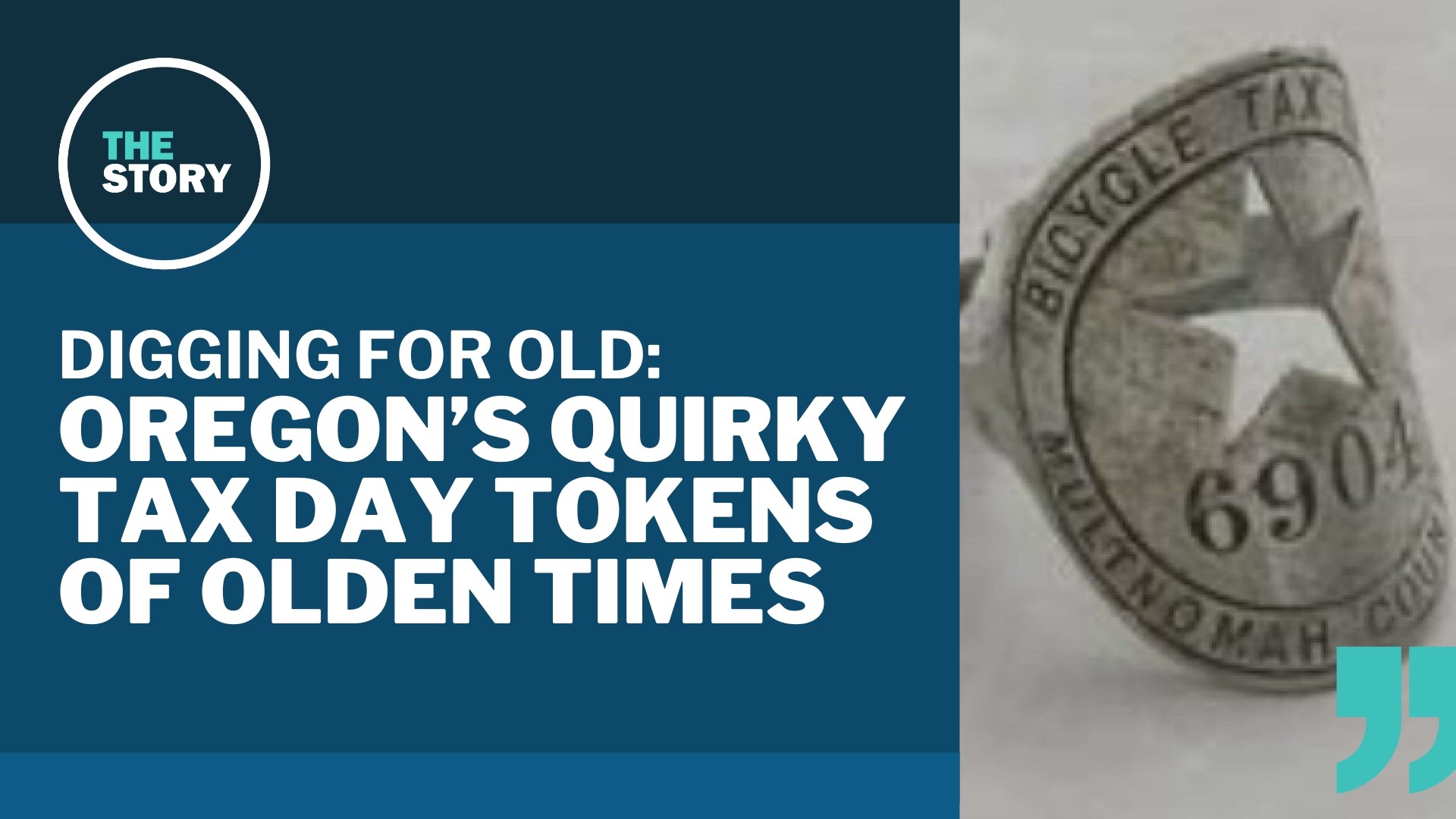PORTLAND, Ore — Whether it's for art, cannabis, housing, or gas, Portlanders are on the hook for lots of different taxes. But a report released Tuesday by the Portland City Auditor found the city is only partially fulfilling the promises it made to voters when approved those tax measures and there needs to be greater accountability and transparency.
Before the public voted on the measures, the city assured voters that it would implement accountability procedures that monitored how the revenue they generated was spent and overseen, and how often the city would report back to the public.
However, the auditor's office identified four ways the city failed to accomplish those accountability goals.
First, it found the city did a poor job determining whether the accountability measures it planned were actually realistic or feasible. Even mandatory fiscal impact statements voted on by city council didn't include information on the cost or burden of accountability measures.
Second, the city often uses unclear language in ballot titles and explanatory statements.
The auditor used the cannabis tax as an example of how vague or broad language can lead voters to believe one thing while the reality is very different.
While the city told voters revenue from the cannabis tax would go toward drug and alcohol education and treatment, public safety, and support for neighborhood small businesses, it never specified how the revenue will be split up.
Voters may have assumed the revenue would be divided evenly, however, during the first two years the cannabis tax was collected, nearly 80% of the revenue went only toward public safety. One year, drug and alcohol treatment received no revenue dollars at all.
This was not a mistake. Proponents of the cannabis tax said the language was intentionally broad so revenues could go where it was deemed to be most needed.
Third, Portland's commission form of government results in so much turnover, that it could make it difficult to implement new programs.
The auditor cited the passing of the gas tax as an example. Former Portland Commissioner Steve Novick crafted the gas tax, but lost his seat to current Commissioner Chloe Eudaly. Around the same time, the head of the Portland Bureau of Transportation stepped down and a new leader took over. In short, Portland's two top transportation leaders were replaced by two new ones right as a major transportation tax was being implemented.
And lastly, the auditor pointed out that the City of Portland has no central or consistent monitor in place to ensure that the city keeps the promises it makes to voters.
"Following through on commitments is key to retaining voter trust. If the City continues to ask voters to fund City services through new taxes, it needs to deliver fully on its promises or voters may not oblige," said City Auditor Mary Hull Caballero.
To address those four concerns, the auditor's office made three recommendations to the city.
1) Assess the burden and cost of accountability measures before writing ballot measures and titles
2) Put accountability commitments in the ballot title and explanatory statement and ensure they are specific, measurable, achievable, realistic, and time-bound if appropriate.
3) Specify who is ultimately responsible for keeping tabs on accountability.
Read the entire 13 page report here along with the response from City Council.
In a letter, Mayor Ted Wheeler and all four city commissioners thanked Auditor Hull Caballero and said her office's recommendation were "thoughtful and well reasoned."
"The specific approaches outlined in the audit are thoughtfully presented and will help us better ensure that accountability measures are specifically and clearly defined in future City referrals," they added.



